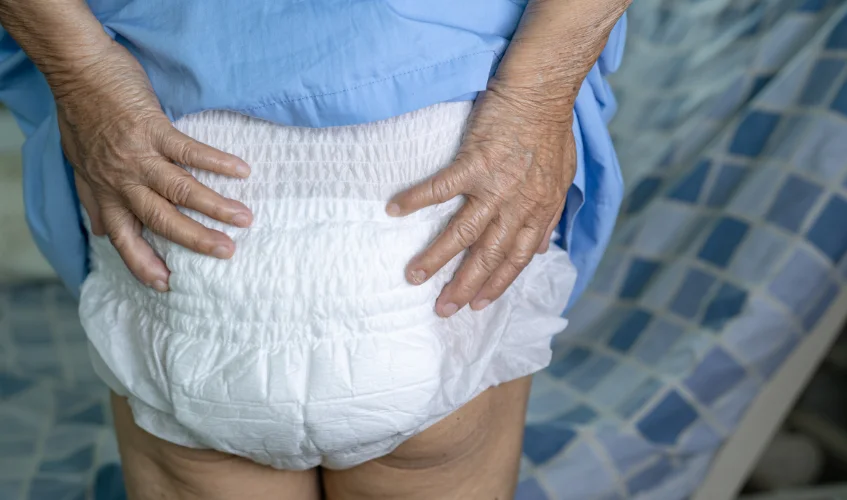Urinary and stool incontinence are common conditions but no one wants to talk about it. Incontinence happens when the bladder muscles that control the urine flow relax or contract involuntarily. It results in uncontrolled or leaked urination. The major incontinence cause shows that it is not a disease but it can be the symptom of underlying medical problems. There are many ways and treatments to manage urinary and stool incontinence. The choice of treatment depends on the type of problem you have. So, the combination of treatments can help to get better control of the bladder.
Let’s discuss some common causes and symptoms of incontinence in detail.
What Do Incontinence Means?
Incontinence is a general condition that happens because of nerve and muscle issues. You may have sudden urine leakage when you sneeze or cough which urges incontinence causes. It is a condition that affects the kidneys, bladder and uterus. Urinary and stool incontinence happens when some parts of bodies don’t operate as they should. It’s worth considering that many treatments are available but you should know about specific incontinence definitions and types to get the best specific treatment for your specific case.
What Medical Conditions Cause Incontinence?
Some of the conditions of incontinence causes are temporary while others are serious. The most common causes of urinary and stool incontinence may include:
Aging
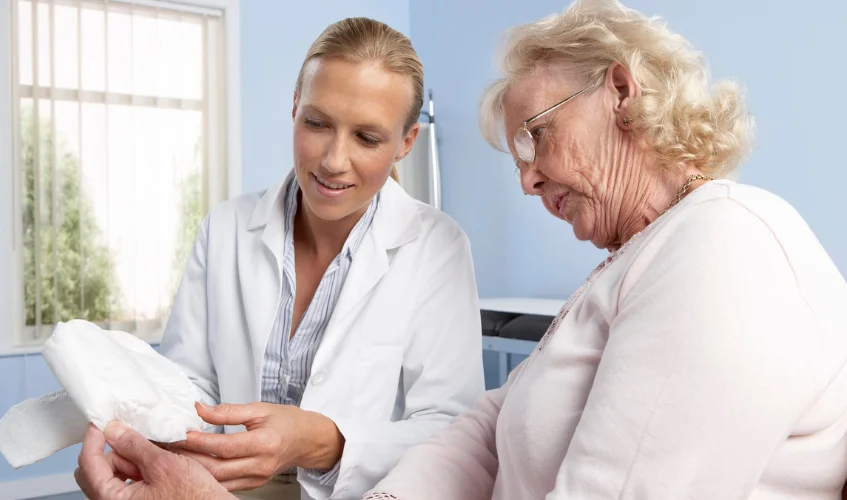
The aging of bladder muscle can decrease the storage capacity of urine; moreover, involuntary bladder contractions also become frequent with age. As you get older, the muscles become weak which raises incontinence causes in the veterans. Furthermore, the physical changes in the body can impact the muscles, nerves and organs that control incontinence. It’s significant to stay active by maintaining a healthy weight.
Bladder Outlet Obstruction
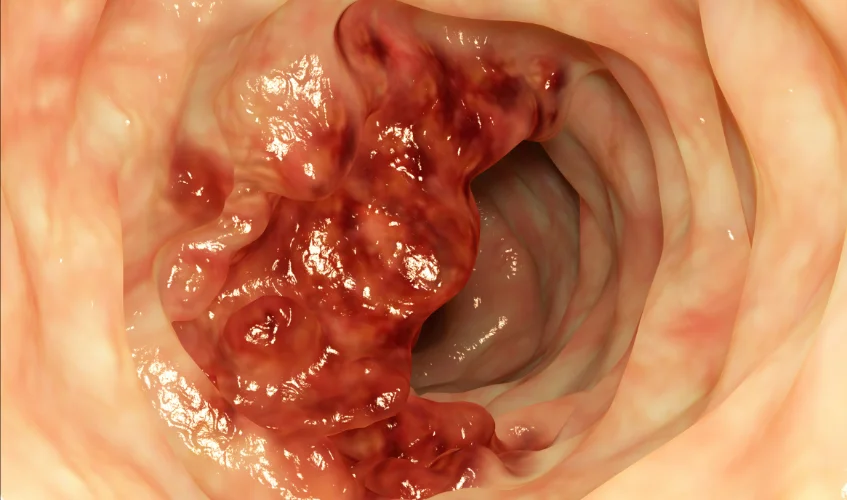
Bladder outlet obstruction is a tumor anywhere in the urinary tract that can block the normal flow of urine. It can also lead to overflow incontinence. Possible blockages include bladder stones, scar tissue, tumor or cancer. Bladder outlet obstruction is one of the common incontinence urine causes among men between the age group of 50 to 60. There are many incontinence supplies in Kensington for the treatment of this condition.
Neurological Disorder
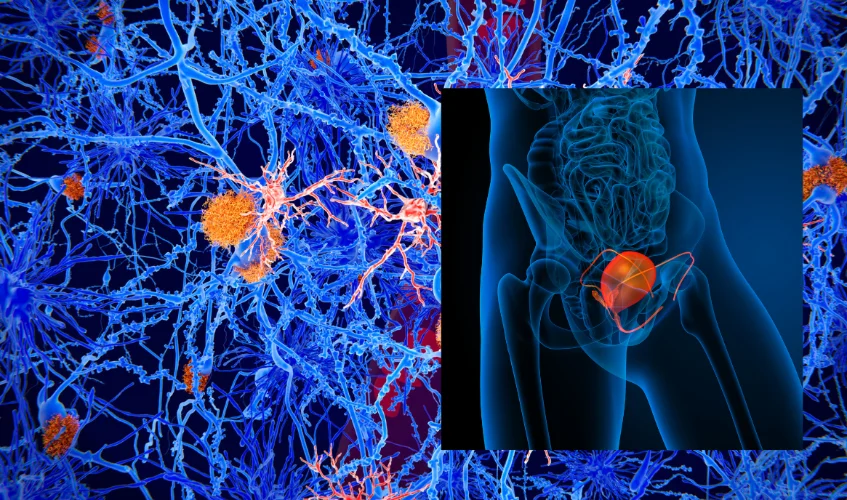
A neurological disorder is bladder dysfunction caused by damage to the nervous system. Typically, the nerves and muscles of the urinary system work together to carry messages to the brain and bladder. Due to some physical injuries, communications break down which can result in loss of bladder control. This loss can lead to problems such as urinary incontinence causes, bladder or kidney stones. Always keep in mind that neurogenic disorder is connected to other conditions. The most common conditions are defects of the spinal cord, Alzheimer’s disease, encephalitis and spinal cord injury.
Prostate Cancer
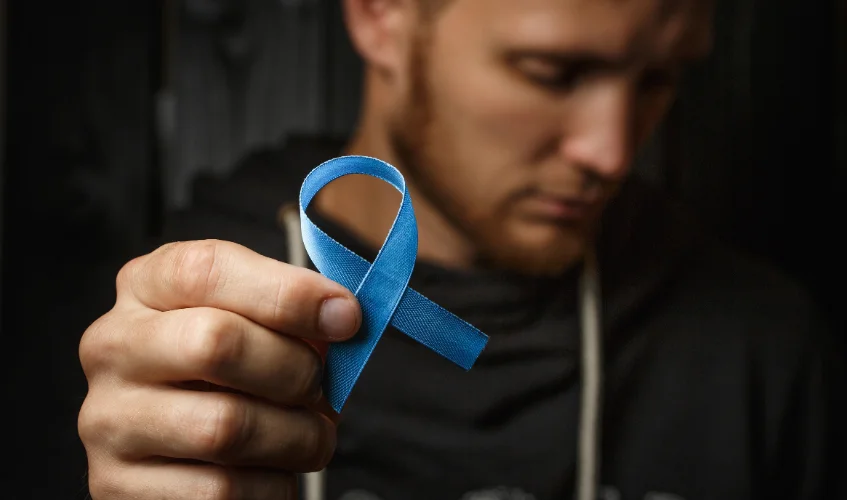
Bladder or prostate cancer can cause incontinence. Cancer treatments can also make it difficult to control the bladder. Even tumors can be one of the incontinence stool causes that block the urine flow. According to the American Cancer Society, almost 80,000 new cases of cancer were reported in 2016. This cancer affects men and patients over the age of 55. In addition, people of Caucasian descent have a chance of bladder cancer. Some antidepressant and blood pressure medications can also cause urinary incontinence. Best incontinence supplies for adults should be considered for an effective treatment.
Childbirth
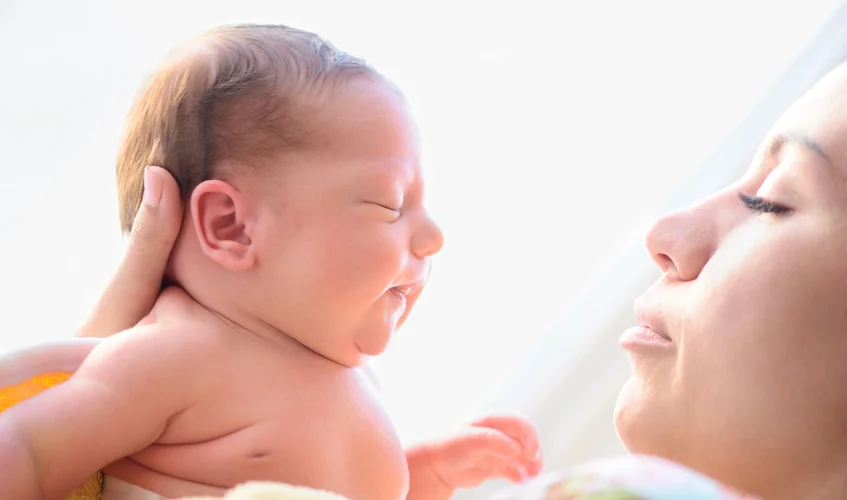
Childbirth can weaken the bladder control muscles in women. It can also damage supportive tissue and bladder nerves leading to a prolapsed pelvic floor. With prolapsed uterus, bladder and small intestine can get pushed down from the usual position. Such conditions can be a reason for functional incontinence causes that need proper treatment.
What Causes Incontinence in the Elderly?
Incontinence is common in elders and here are three common causes of urinary and stool incontinence.
Diabetes
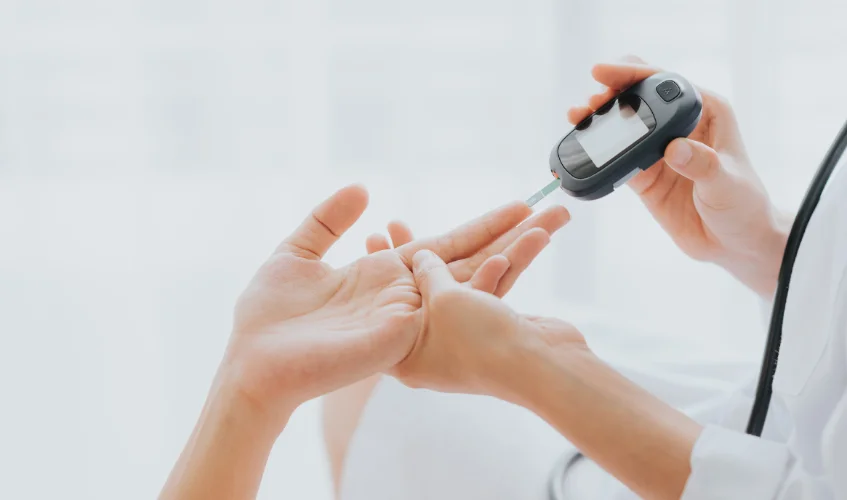
Diabetes has a direct connection with an increased risk of urinary incontinence development; moreover, the risk enhances with the years a patient has had diabetes. Urodynamic investigations in elders have shown pathological findings in 59% of women and 79% of men.
Overactive Bladder
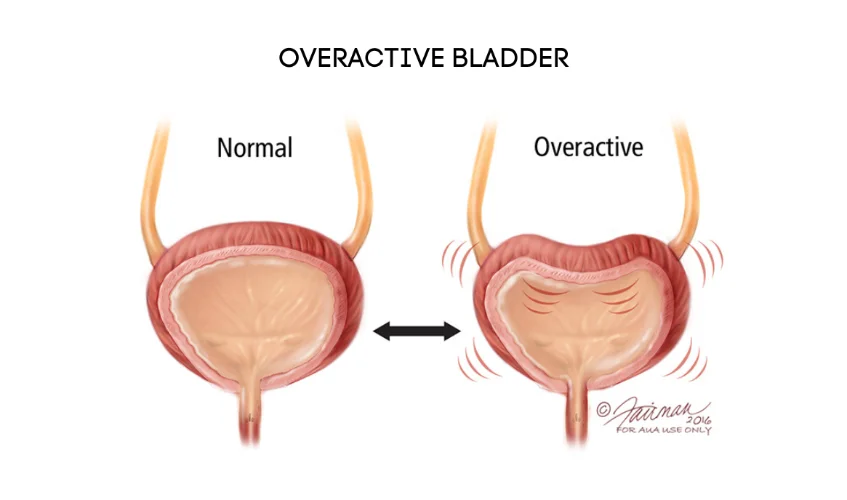
An overactive bladder is common in aged people and it is identified by the symptoms of involuntary urinary loss, urinary urgency and urge incontinence causes. Furthermore, structural changes to the bladder are caused by collagenic restructuring. It is also a reason for overactive bladder which ultimately leads to incontinence.
Weak Bladder
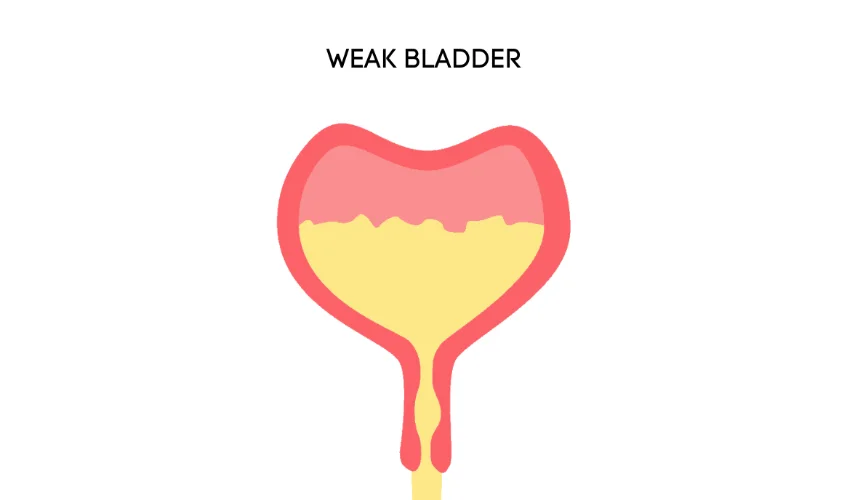
Weak bladder in elders is also one of the incontinence causes. When the muscles in and around the bladder don’t work properly – it results in urinary incontinence. You should have knowledge about free incontinence supplies in the USA for better incontinence management.
What Is the Main Cause of Incontinence?
One of the most common and main incontinence causes is an overactive bladder. The other reasons can be childbirth, pregnancy and menopause but the OAB is the main one. Some people with overactive bladder needs treatment for one time, while other have to take long-term medication. When you experience leakage issues of the chronic condition, you may have to consult with specialists to avoid serious and long-term problems.
Why Do I Suddenly Have Incontinence?
Some of the general causes of sudden incontinence are constipation, diarrhea and nerve damage. Nerve or muscle damage is associated with giving birth and aging. The urge incontinence causes are rare but serious conditions can be examined by medical professionals. Furthermore, lower back pain is a sudden incontinence cause that is accompanied by loss of bladder control. Symptoms include lower back pain and pelvic weakness. These symptoms are an indication that needs to be addressed immediately. If not resolved quickly, you may have to suffer from other complications.
Conclusion
Urinary and stool incontinence are becoming an increasing medical problem. The popular reasons are chronic diseases such as dementia, Parkinson’s disease and diabetes. Urinary incontinence causes carry a psychological burden that needs proper care and treatment. There are many ways and treatments to manage incontinence. The choice of treatment depends upon the type of symptoms you have and how serious it is. So, the combination of treatments can help you effectively control the symptoms.


